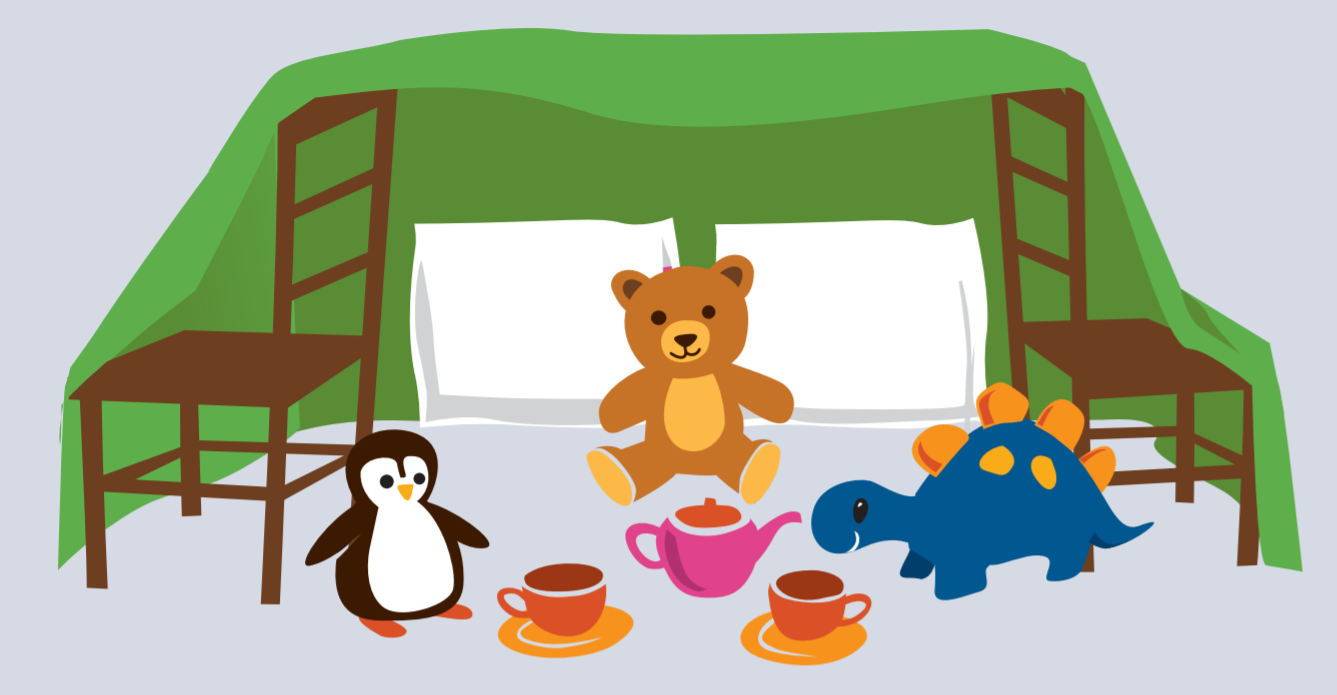As a mother, as a wife, as a professional, as a woman.
Years ago, when I was a young girl who had just started her first job, I was enjoying the money that suddenly gave a different of freedom. I could get anything I wanted and my limited money could buy. Not that before that I had to give up things, when I wanted or needed but now the thrill was different. Once I was travelling to a cousin’s place in a different country. It was my 1st time travelling alone and was another gemstone in my freedom crown. As a child I always felt that “adults” as so free. they could do anything they wanted and I was happy to see myself reaching that stage. I spend a lot of fun time with my cousin and her family. I would observe that she was busy all day with usual work of the house, responsibilities of the children and home. I would often wonder “how does she manage”? One particular day she had to juggle multiple things. When I offered help she was surprised and relieved. The day came and went but left an impression on me. The conditioning we women have is so deeply ingrained and even scary. She just lived her life knowing she has to “manage”. Any help that she gets is a stroke of luck.
As years passed I started seeing more and more of such women. I also started understanding that they always existed but maybe I was too young or immature to notice. My own mother being one such lady. All my aunts, cousins, sister-in laws, friends and even I was turning into one of those. After all that’s all I had learnt, it was all that I had seen. Yet again I need to say that I write this as a reflection, not to judge write and wrong, or label anyone.
As the years passed I started reading more about this topic. And then not too many years after my trip I happened to attend a talk by a renounced psychologist and education trainer of India, Dr Ravindran. He has a strong knowledge of what he was talking about and he is a brilliant orator. He must have spoken about hundreds of things that day but one in particular has stayed with me even after almost 2 decades. He was talking of parenting and role of mothers in it. He spoke of what he himself has termed as “the lizard syndrome” (please do not confuse this with the problems one associated with lizard poisoning). Let me try and explain what he had said. He said that women often act like lizards. A lizard that is on a wall often thinks that the wall is standing because the lizard is holding it up, its because of her efforts, it is her job to keep the wall up. Dr Ravindran said that we women put so much pressure on ourselves about daily chores almost as if, if 1 less chore is done in a day the whole household will collapse.
Today as I come close to my elder child’s 10th birthday I realize how much truth was these in the statements. I consider myself a progressive, free woman but deep in my heart I know that if my kids are not given a well balanced diet I feel guilty. If their homework is not finished on time, I feel bad. If they get hurt while playing, I feel responsible for not being around to prevent that. The only 1 word that crosses my mind is WHY?











